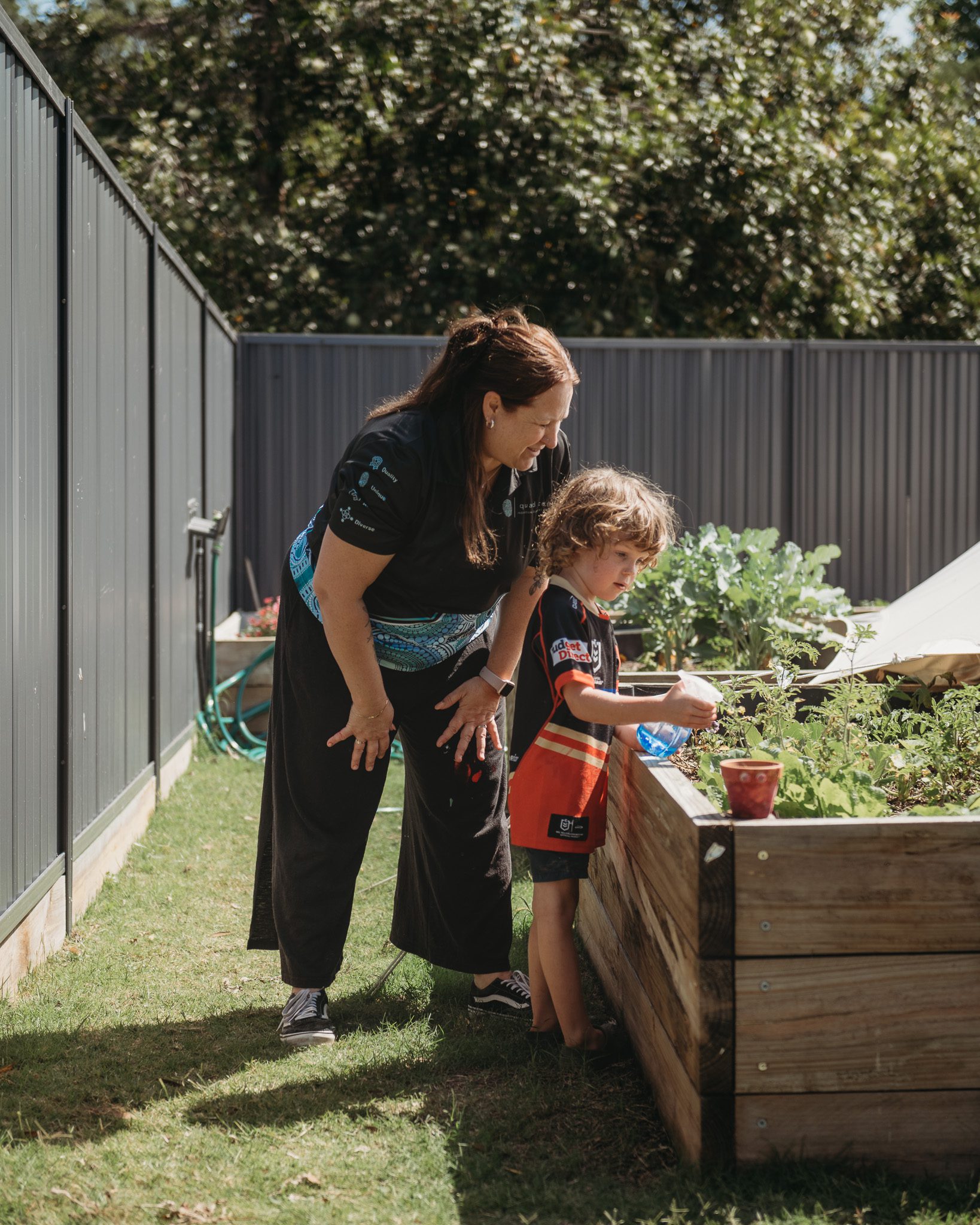What does an Allied Health Assistant Do?
Allied health assistants work under the supervision of qualified allied health professionals, our AHAs assist in implementing therapeutic programs and supporting clients in their rehabilitation and wellness journeys.
At Quad Care, our Allied Health Assistants (AHAs) play a crucial role in delivering comprehensive healthcare services across the Sunshine Coast, Somerset, and Moreton Bay regions.
Role of an Allied Health Assistant:
Allied Health Assistants support professionals in sectors such as exercise physiology, occupational therapy, speech pathology, nutrition, and podiatry. They work in various settings, including rehabilitation centres, private medical practices, hospital wards, and community health hubs. Their responsibilities encompass both direct patient care and administrative support, ensuring the efficient delivery of health services.
Key Responsibilities of an Allied Health Assistant
Clinical Support
Assisting with rehabilitation exercises, preparing equipment for therapy sessions, and monitoring patient progress.
Administrative Duties
Organising patient reports, managing medical documents, and contributing to the development of exercise programs.
The specific duties of an AHA can vary based on the healthcare setting and the needs of the allied health professionals they support. This flexibility allows AHAs to adapt to different models of care and service delivery contexts.
Becoming an Allied Health Assistant:
To pursue a career as an AHA, individuals typically undertake formal training to develop the necessary skills and knowledge. Relevant qualifications include:
Certificate III in Allied Health Assistance:
This entry-level qualification provides foundational skills for the role. The course duration ranges from six months to one year.
Certificate IV in Allied Health Assistance:
This advanced qualification prepares individuals for more specialised roles within the field. The course can take up to two years to complete.
These qualifications equip aspiring AHAs with the competencies required to effectively support allied health professionals and deliver quality patient care.
Allied Health Assistant Career Opportunities:
Allied Health Assistants are in demand across various healthcare settings, including hospitals, rehabilitation centres, and community health services. Their support enables allied health professionals to focus on complex clinical tasks, thereby enhancing overall service delivery.
At Quad Care, our dedicated team of AHAs is integral to our multidisciplinary approach, ensuring that clients receive comprehensive and personalised care tailored to their individual needs.
For more information about our services or to explore career opportunities with Quad Care, please visit our Work with Us page.
Allied Health Assistant Training and Support:
To equip AHAs for the unique demands of rural healthcare, training programs focus on developing a broad range of clinical skills and an understanding of the specific health needs of these communities. Support initiatives, such as the Allied Health Rural Generalist Pathway, provide structured education and development opportunities, enabling AHAs to thrive in rural settings.
Impact on Healthcare Delivery:
By supporting allied health professionals, AHAs enhance the capacity of rural healthcare services to address various health issues, from rehabilitation to chronic disease management. Their contributions are vital in promoting health equity and improving outcomes in underserved areas.
In summary, Allied Health Assistants play a pivotal role in rural and remote healthcare, ensuring that essential services are accessible to all Australians, regardless of location.
Allied Health Assistants (AHAs) are essential in rural healthcare settings, where access to health services is often limited. Working under the supervision of allied health professionals, AHAs provide vital support in delivering therapeutic interventions, managing administrative tasks, and engaging with the community to promote health education. Their contributions enhance the efficiency and reach of healthcare services, ensuring that rural populations receive comprehensive care despite workforce shortages and resource constraints. By extending the capabilities of allied health teams, AHAs play a pivotal role in addressing health disparities and improving outcomes in rural and remote communities.
